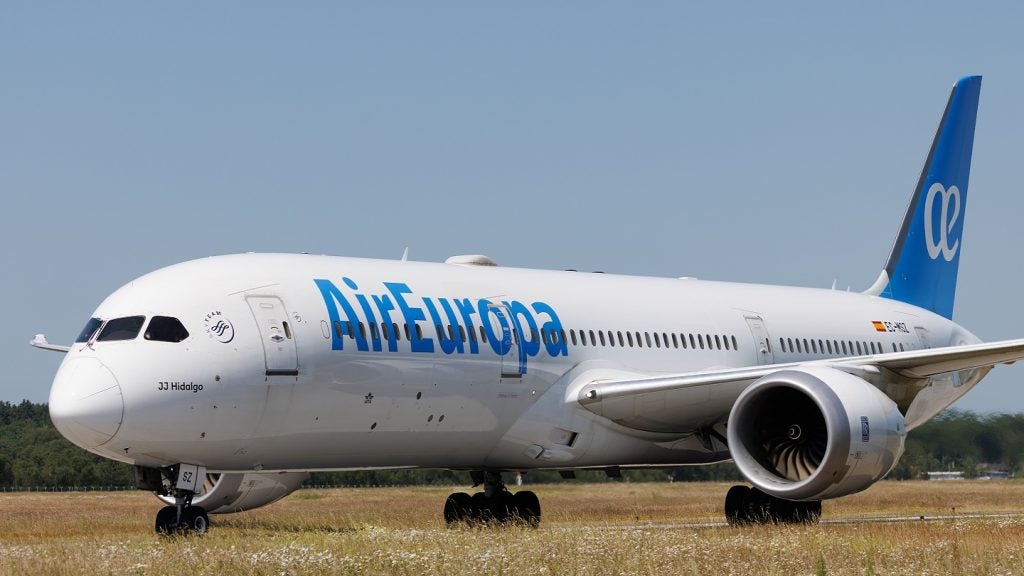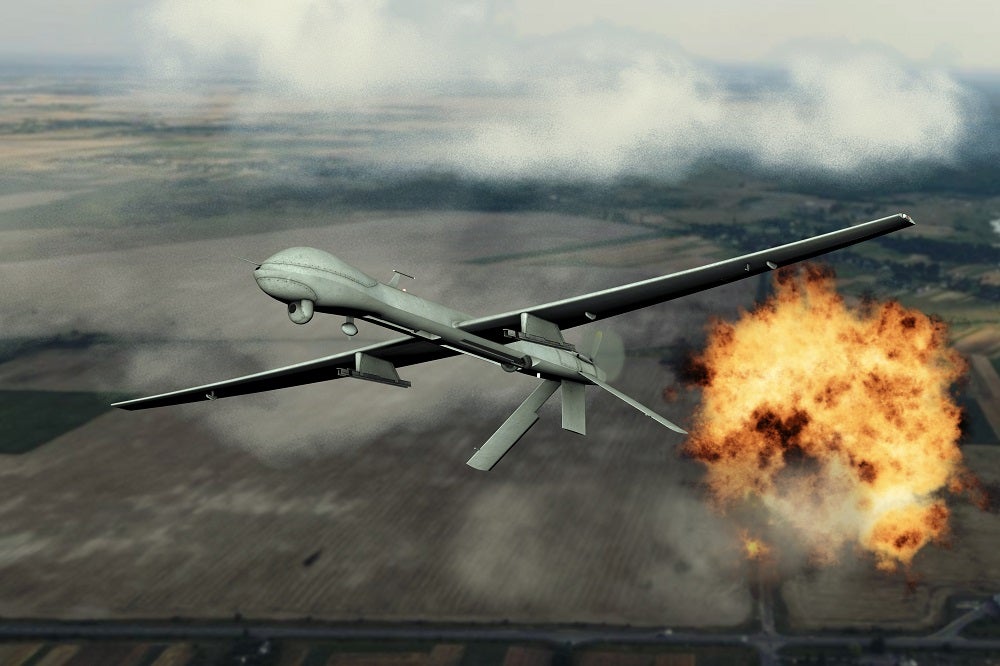A new study released by the Port of Seattle, Boeing and Alaska Airlines has highlighted the infrastructure options for providing aviation biofuel to Seattle-Tacoma (Sea-Tac) International Airport in the US.
Sea-Tac International is one of the first airports in North America to work with aviation, energy and research partners to analyse all aspects to develop a commercial-scale aviation biofuel programme.
The programme will help the airport to pursue its goal to power flights at Sea-Tac with sustainable aviation biofuel.
Port of Seattle commissioner John Creighton said: “Unlike the biofuel itself, fuel blending and delivery infrastructure cannot grow on trees.
“We needed this comprehensive analysis to confirm that we can offer commercial airlines feasible and sustainable delivery options while reducing our environmental footprint and being a good neighbour to surrounding communities.”
With the use of aviation biofuel, the airport will be able to reduce carbon emissions by 50% to 80% compared to that caused by the use of fossil fuel, as well as reduce sulphur emissions, soot and particulates.
How well do you really know your competitors?
Access the most comprehensive Company Profiles on the market, powered by GlobalData. Save hours of research. Gain competitive edge.

Thank you!
Your download email will arrive shortly
Not ready to buy yet? Download a free sample
We are confident about the unique quality of our Company Profiles. However, we want you to make the most beneficial decision for your business, so we offer a free sample that you can download by submitting the below form
By GlobalDataBoeing Commercial Airplanes Environmental Strategy regional director Ellie Wood said: “Commercial aviation is committed to reducing the industry’s carbon footprint, and biofuels are key to achieving that goal.
“We’re encouraged that this study shows the viability of making a biofuel blend available to every flight at Sea-Tac Airport.
“As part of our global strategy to develop and commercialise biofuel, we’re proud to support our hometown partners and keep the Pacific Northwest in the forefront of these innovative efforts.”
The current study was conducted across 30 sites in Washington, US, which would be capable of delivering up to 50 million gallons of aviation biofuel to Sea-Tac Airport annually.
The sites have been selected based on their ability to deliver unblended biofuel by pipe, rail, barge, and / or truck, as well as land use, zoning, and environmental considerations.







